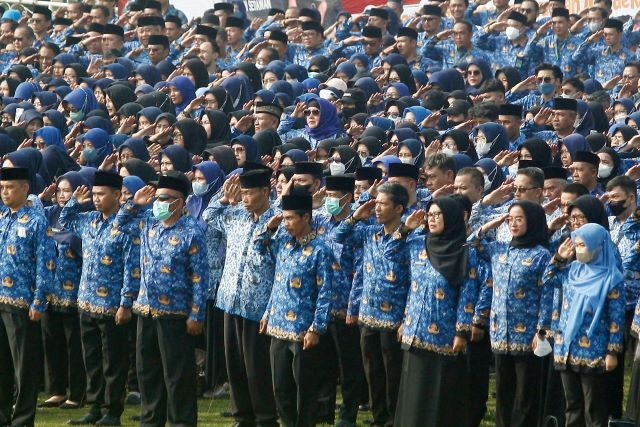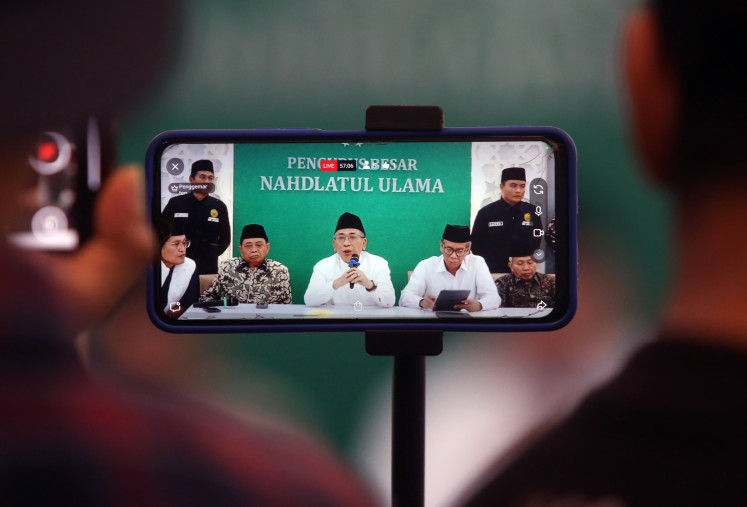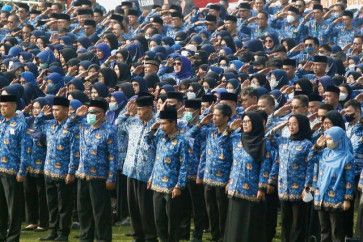Popular Reads
Top Results
Can't find what you're looking for?
View all search resultsPopular Reads
Top Results
Can't find what you're looking for?
View all search resultsA glimpse into Indonesian public services in the age of generative AI
For the past couple of years, Indonesian policymakers have been pushing the government agenda toward the use of artificial intelligence (AI).
Change text size
Gift Premium Articles
to Anyone
F
or the past couple of years, Indonesian policymakers have been pushing the government agenda toward the use of artificial intelligence (AI). During his speech at the House of Representatives on Aug. 16, President Joko “Jokowi” Widodo highlighted that AI adoption could provide significant benefits for the country if the right strategy was deployed.
Thanks to AI, the development of quality of human resources and physical and non-physical infrastructure related to information technology can continue to be improved.
However, the public is questioning government officials’ penchant for tech-savvy buzzwords such as AI, bio-science, and the Internet of Things (IoT), which raises questions about whether they really understand the whole concept or simply want to look sophisticated.
Like it or not, this is meant to build public discourse in line with the Sustainable Development Goal (SDG) No. 16, which is to promote peaceful and inclusive societies, providing access to justice for all and building effective, accountable and inclusive institutions at all levels.
The Government AI Readiness Index 2022, published by Oxford Insights, ranked Indonesia 43 out of 181 countries based on the scoring of the government, technology and data infrastructure pillars. But most of the remarks are circulating around traditional AI, while the dissemination of information regarding generative AI, popularized by articles and social media content concerning mass usage of ChatGPT, Google Bard AI, and GPT-4 for their “magical features” in terms of helping people with their daily activities, is spreading like wildfire.
The main difference between traditional AI and generative AI lies in the engagement of machine learning, especially deep learning. Traditional AI could enable policymakers to make data-driven policies by generating drafts based on data inputs, as well as monitor and evaluate the potential impact of changes in public policies on diverse sectors, such as health, education, etc.
Meanwhile, generative AI enables the creation of brand new outputs similar to the given data, such as words, videos, images and sounds, which have never existed before and can be used to solve any problems, especially in the implementation of public services, for example, making a precise and immediate decision during emergency conditions by gathering real-time data available on the internet, especially on official government websites.



















